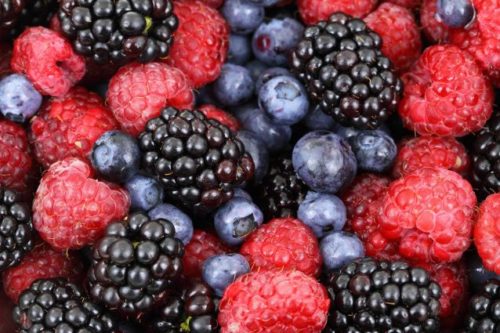
People who consume only small amounts of flavonoid-containing foods such as berries, tea and red wine over the long term are more likely to develop Alzheimer’s and related dementias, according to a new study.
Flavonols are a nutrient found in plants and are known for their beneficial health effects. They occur in fruits, vegetables, and foods such as tea and chocolate. To examine the long-term relationship between eating flavonoid-containing foods and dementia risk, investigators from Tufts University followed the dietary exposure of 2,800 people ages 50 and older for two decades.
Low intake of three flavonoid types was tied to a higher risk of dementia. Specifically:
- Low intake of flavonols (apples, pears and tea) doubled the risk of developing Alzheimer’s disease and related dementias.
- Low intake of anthocyanins (blueberries, strawberries, and red wine) was associated with a four-fold risk of developing Alzheimer’s disease and related dementias.
- Low intake of flavonoid polymers (apples, pears, and tea) doubled the risk of developing Alzheimer’s disease and related dementias.
People who have the lowest flavonoid intake may benefit the most from adding more to their diets, said first author Esra Shishtar. “It doesn’t take much to improve levels,” she said. “A cup of tea a day or some berries two or three times a week would be adequate.”
The study was published in The American Journal of Clinical Nutrition.



